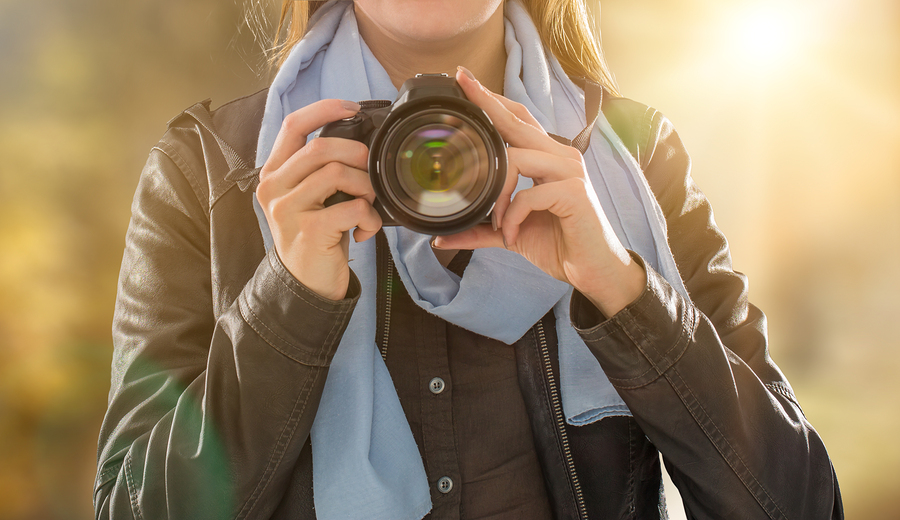Photography tips for beginners
Camera phones and digital cameras mean that all of us are budding photographers! Clicking and snapping away to capture those all important milestones and memories.
All too often though you end up with photos you delete. You know the ones, closed eyes; blurred images and someone always out of frame!
Photography is a brilliant hobby, relaxing, enjoyable and a creative escape. In this article, you will discover some helpful tips to begin.
Camera or camera phone?
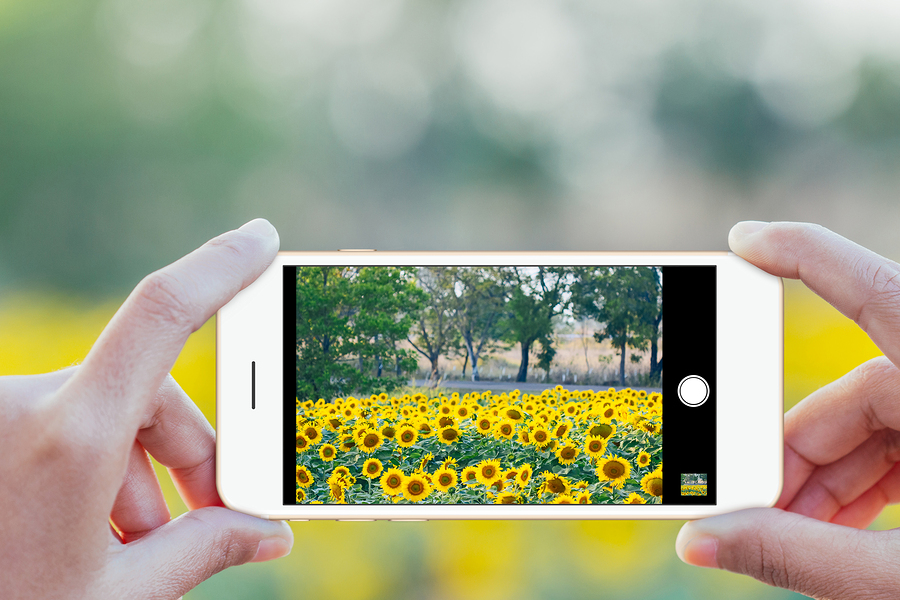 The all-important question when it comes to pursuing your interest in photography, should you use a camera or a camera phone?
The all-important question when it comes to pursuing your interest in photography, should you use a camera or a camera phone?
There are pros and cons attached to both. The most obvious is that your camera phone is easy, portable and you don’t need lots of accessories with it. They are good for snapshots you want to upload to social media, or when you wish to quickly share and capture memories.
The downside of camera phones is the image quality is not going to be able to compete with that of a camera. When it comes to a camera you are going to get clearer and sharper images because of the camera lens. The range of lenses for cameras is enormous and they give you the more defined photographs you are looking for. However, they are bulkier and more expensive.
Choosing your camera
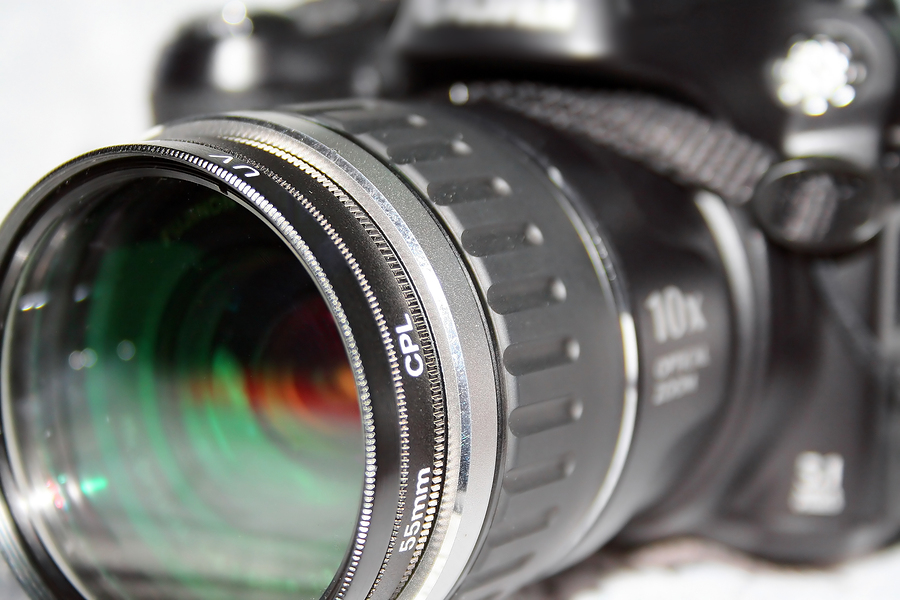 If you have decided that you do wish to buy a camera, there are four main types available. The one you choose will depend on your budget and what you wish to photograph.
If you have decided that you do wish to buy a camera, there are four main types available. The one you choose will depend on your budget and what you wish to photograph.
Compact cameras – lightweight, easy to carry, point and shoot. Can be a good beginner camera.
Bridge cameras – offer more features than a compact such as ISO, shutter speed and aperture controls. Also great zoom capabilities.
Mirrorless cameras – lighter and more compact than a DSLR camera with fantastic image quality. Offer professional shooting capabilities but not so many lenses as DSLR.
DSLR cameras – the more professional choice than the other three. Can be bulky but tends to offer you the best picture quality. A wide range of interchangeable lenses, manual controls and accessories.
Learn how your camera operates
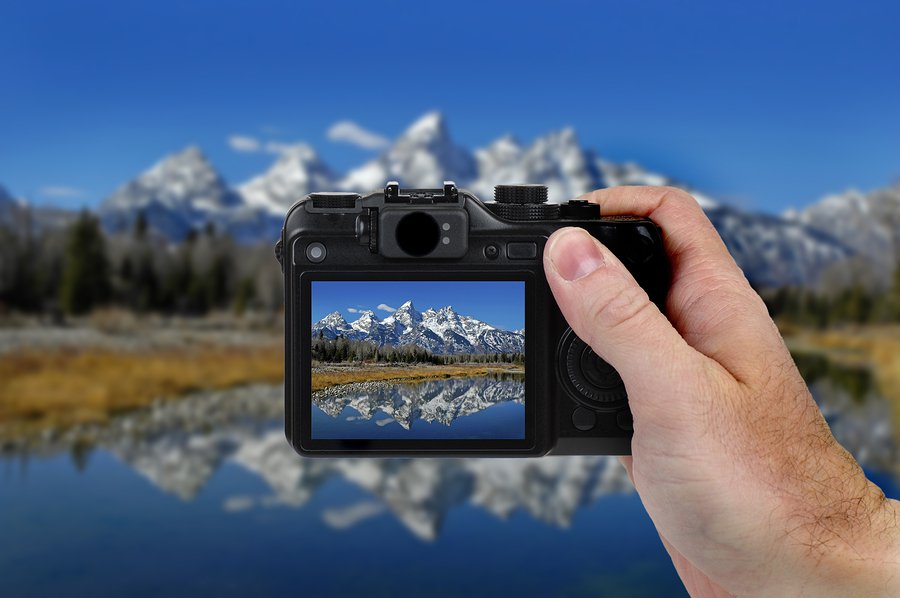 Even with your camera phone, you need to take time to understand the settings and then how you can edit photographs. When you choose your camera it is important to learn the basics of how it works to get the most from it.
Even with your camera phone, you need to take time to understand the settings and then how you can edit photographs. When you choose your camera it is important to learn the basics of how it works to get the most from it.
The three main settings to look at are aperture; shutter speed and ISO. Some call them the exposure triangle and they control how much light you capture in your photographs.
Aperture controls the amount of light entering the lens. It is displayed like f/2.8, this is a low number which means a wide aperture to let in a lot of light, great for portraits. A narrow aperture such as f/15 will not let in much light keeping the scene more in focus, perfect for landscapes.
Shutter speed controls the duration of light entering the lens. If you think of it as a shutter opening and closing quickly. They are usually displayed in fractions of a second such as 1/8.
ISO, controls the camera sensor’s sensitivity to light. The higher the ISO number, the brighter your image.
Understand composition
Once you have your camera and got to grips with how it works, you will start to think about how and what you are going to photograph.
Composition is all about knowing how to set up and take a great photograph, how to arrange the various elements in the shot.
It is a hugely interesting and powerful aspect of photography. Things you should consider when it comes to composition are not cutting off your subject in the frame; removing any distractions within the shot and the well-known ‘rule of thirds’ which helps you place the focus of the scene to give you a more attractive result.
Think about the light
Did you know that the word photography comes from Greek roots meaning ‘writing with light.’ When it comes to your photographs understanding lighting is key.
Many professional photographers believe that using natural light is the best rather than artificial bright lights.
There are many tips when it comes to lighting. Avoid shooting at midday as the direct and downward light creates photos that look flat. A cloudy or overcast day can result in a soft light which can produce beautiful results.
Practice, practice and practice
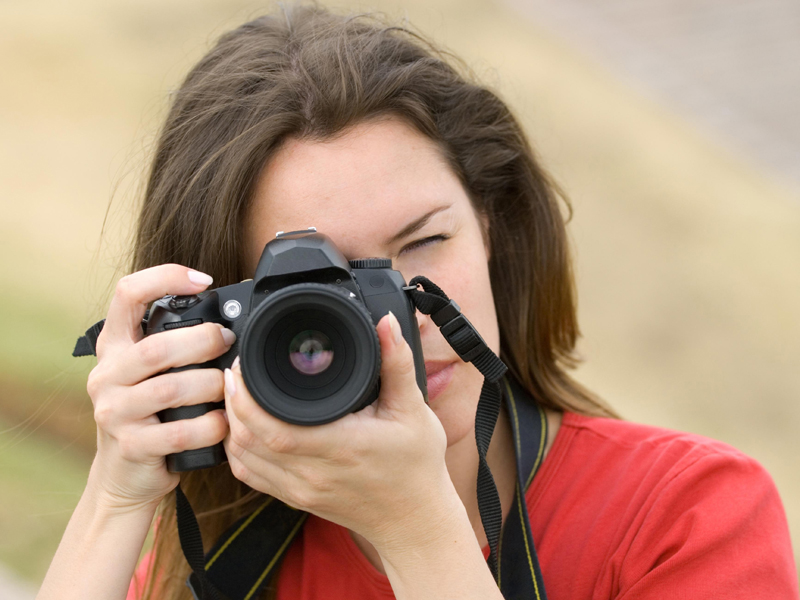 Photography is fun, but as with any new skill or hobby you need to keep doing it to improve. The more photos you take, the more you will see what works and what doesn’t.
Photography is fun, but as with any new skill or hobby you need to keep doing it to improve. The more photos you take, the more you will see what works and what doesn’t.
Practising will show you amongst other things: which light works best, how to focus and how you can set up that perfect shot.
So be confident, follow our photography tips and you will discover a hobby that brings you great joy and captures all of your special moments.
Melina - Assistant Editor
Latest posts by Melina - Assistant Editor (see all)
- Banana bread with SunGold kiwis - February 20, 2025
- A tribute to Bob Marley - February 4, 2025
- Going to Work on an Egg! - January 29, 2025
- The Very Best of Petula Clark - January 14, 2025
- 50 Years of Coat Trends - January 12, 2025








